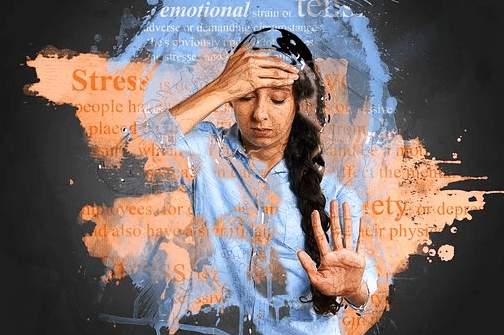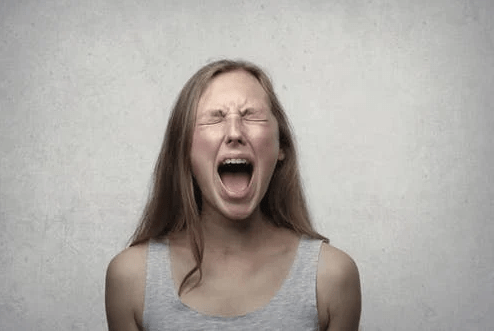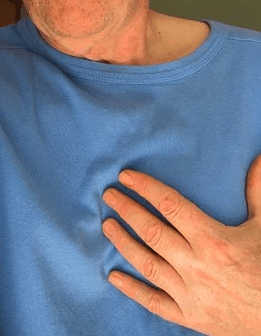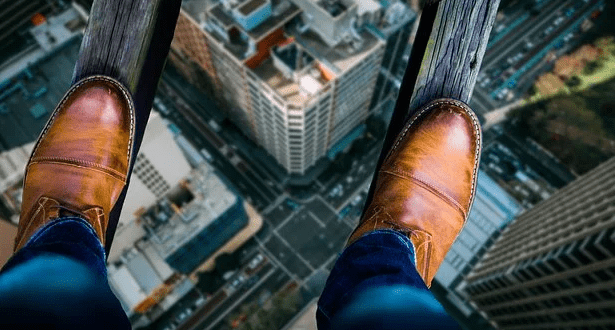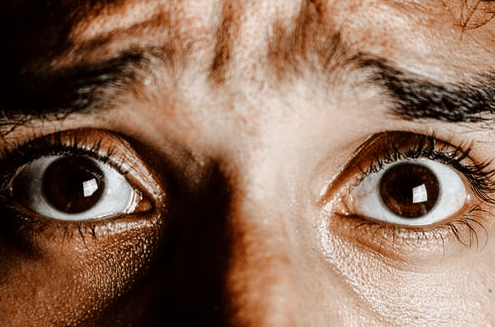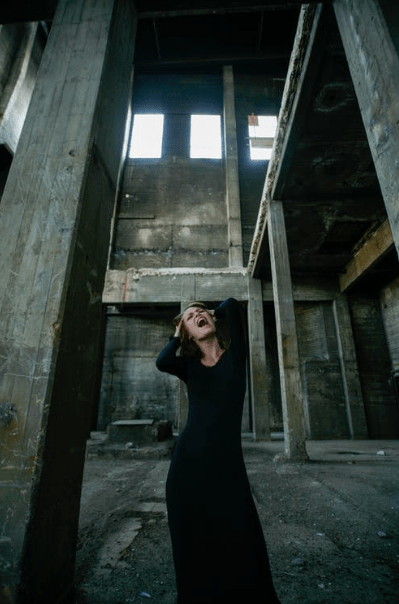The terms anxiety attack and panic attack are used parallel when one is having any of the attacks. Both are not the same attacks. There are key characteristics that distinguish both attacks. There are several signs when you know that you are having an anxiety attack. anxiety attack follows a period of excessive worry as compared to a panic attack that comes all of the sudden.
An anxiety attack is a fear of some specific events or problem that happens in your life. When you have physical symptoms leading such as restlessness, worry, distress, or change in heart rate, it means that you are a target of anxiety disorder. If the problem persists, there are higher chances that you will be having an anxiety attack.
How to Tell If You’re Having an Anxiety Attack
What Is an Anxiety?
A normal reaction to danger is known as anxiety. When you see a danger in front of you, your body activates a fight or flight response in which you try to defend or run away from it. It happens when you are under an attack, pressure, threat, challenging situation, exam, interview, etc. If your anxiety disorder is in moderation, then it is a good thing.
A moderate level of anxiety disorder helps you to be responsive and focused on danger. Also, it motivates you to solve the problems. When anxiety overwhelms and your worries and fears interfere in your daily life, then it is not good for you.
Signs and Symptoms of Anxiety Disorder
The main signs and symptoms of anxiety disorder that lead to anxiety attack are as following:
- Irritability
- Anticipating the worse of any situation
- Trouble concentrating
- Feeling like your mind’s gone blank
- Feelings of apprehension or dread
- Feeling tense and jumpy
- Watching for signs of danger
Apart from feelings, there are body’s fight or flight response that can be as following:
- Dizziness
- Sweating
- Insomnia
- Pounding heart
- Stomach upset
- Shortness of breath
- Shaking and trembling
- Headaches
- Muscle tension
- Frequent urination
All these symptoms are sometimes mistaken for illness. If you are having any of the symptoms or signs, then you should consult your doctor for anxiety disorder.
What Is An Anxiety Attack?
An anxiety attack is also known as a panic attack. It is an episode of prolonged fear or intense panic. Anxiety attacks are sudden and they occur without any warning. Sometimes a patient with an anxiety disorder will have an obvious trigger such as thinking about giving a big speech, getting stuck in an elevator, looking down the tall building, etc. In some cases, an anxiety attack comes out of the blue.
Anxiety attack comes within 10 minutes after any symptom and it rarely lasts for more than 30 minutes. During an anxiety attack, you feel a severe terror that will make you think that you are going to die. The physical symptoms of an anxiety attack are so terrifying that people think they are having a heart attack.
After having one anxiety attack, people worry that they might have another one because they are in a public place where they cannot escape the anxiety fear or get any kind of help.
Symptoms of Anxiety Attack
If you are having any kind of anxiety disorder for prolonged periods, then there are fair chances of getting an anxiety attack. The symptoms of an anxiety attack can be as following:
- Hyperventilation
- Trembling or shaking
- Feeling detached or unreal
- A surge of overwhelming panic
- Feeling like you are going to pass out
- Hot flashes or chills
- Nausea or stomach cramps
- Trouble breathing
- Choking sensation
- Felling of losing control
- Going crazy
- Muscle pain
- Loss of concentration
- Worry and distress
- Fear
- Fatigue
- Dry mouth
If you are afraid of having an anxiety or panic attack, then you should seek help from your doctor to avoid it in the future.
How Anxiety Attacks Can Be Triggered?
Anxiety attacks can be triggered by:
- Driving
- Social stress
- Work stress
- Chronic conditions
- Chronic pain
- Caffeine
- Mediations or supplements
- Withdrawal from alcohols or drugs
- Phobia
- Memories of past trauma
Anxiety Disorders Leading to Anxiety Attacks
Generalized Anxiety Disorder (GAD)
If you are distracted from day-to-day routine activities because of constant worries and fears, then it means you are suffering from generalized anxiety disorder (GAD). In GAD, the feeling of fear and worries persist for a longer period. People suffering from GAD are chronic worrywarts. It makes them feel anxious all the time.
Sometimes they don’t even know the reason behind their anxiety. People with GAD have physical symptoms such as fatigue, restlessness, stomach upset, and insomnia.
Panic Attacks and Panic Disorder
Panic disorder occurs when you have a repeated and unexpected panic attack. It is also fear of prolonged periods. You are most likely to have a panic attack because of agoraphobia. It happens when you fear that you are somewhere in the middle of the Earth where you are not going to have any kind of help.
People with agoraphobia do not like to be in confined spaces such as shopping malls, elevators, or airplanes, etc.
Obsessive-Compulsive Disorder (OCD)
Obsessive-Compulsive Disorder (OCD) means that you are having unwanted behavior or thoughts that are impossible to control or stop. Obsessions make you feel troubled because you start to worry about have you turned off the stove or oven before leaving the home. Also, there are recurring worries in your mind that you might hurt someone. If you wash your hands, again and again, it means that you are having an uncontrollable compulsion.
Phobias and Irrational Fears
Phobia is an unrealistic or exaggerated fear that you have while growing up. Although, the phobia you have might not be as dangerous as it seems to you. Common phobias are fear of heights, animals such as spiders or snakes, fear of flying, etc. The avoidance of these fears strengthens the phobia inside you.
For example, if a person with a phobia of spiders is left in a room full of spiders, they will have an anxiety attack. A person is made to have a free fall from an altitude of thousands of feet, they will have an anxiety attack. It happens because anxiety disorders are triggered leading to an anxiety attack.
Social Anxiety Disorder
If you are having this fear or worry inside your head that people are negatively seeing you or you might get humiliated in the public, then you are having a social anxiety disorder. It is also known as social phobia. Hence, a person with this anxiety disorder will be extremely shy and will avoid social gatherings.
Post-Traumatic Stress Disorder (PTSD)
An extreme anxiety disorder that occurs after a life-threatening or traumatic experience is known as Post-Traumatic Stress Disorder (PTSD). Symptoms of PTSD anxiety attack are flashbacks or nightmares about a past event, hypervigilance, withdrawing from others, startling easily, etc. A person with PTSD tries to avoid the locations and persons involved in the traumatic event that happened in the past.
Anxiety Attack – An Attack of Prolonged Fears
Anxiety attacks do not happen to those who have anxiety disorders at an extreme level. Anxiety disorders that lead to anxiety attacks are mental health problems that can be treated. Firstly, you ask yourself that why are you having an anxiety disorder and does it interfere with your daily life? If yes, then you should seek help before it gives you an anxiety attack.


